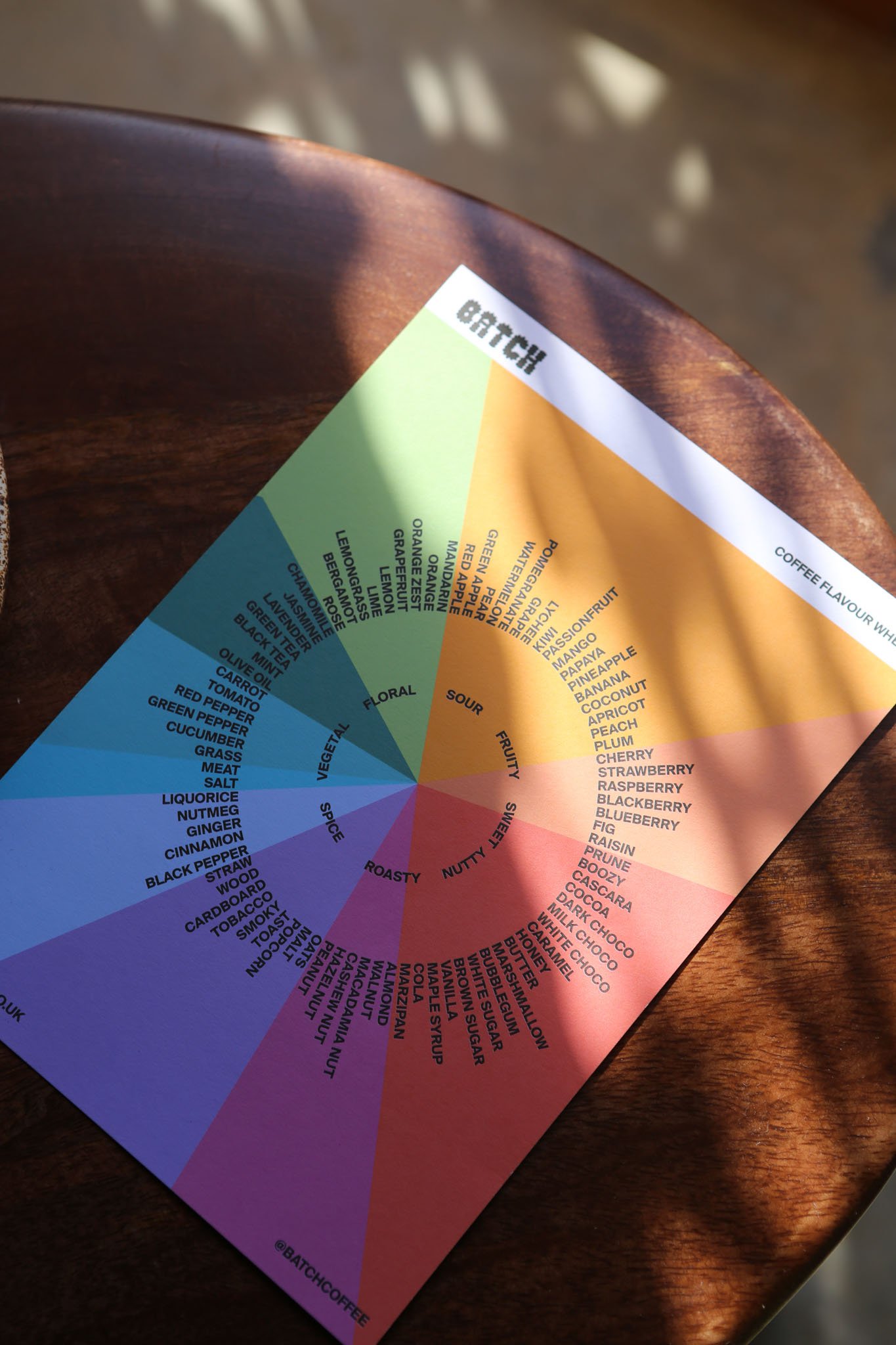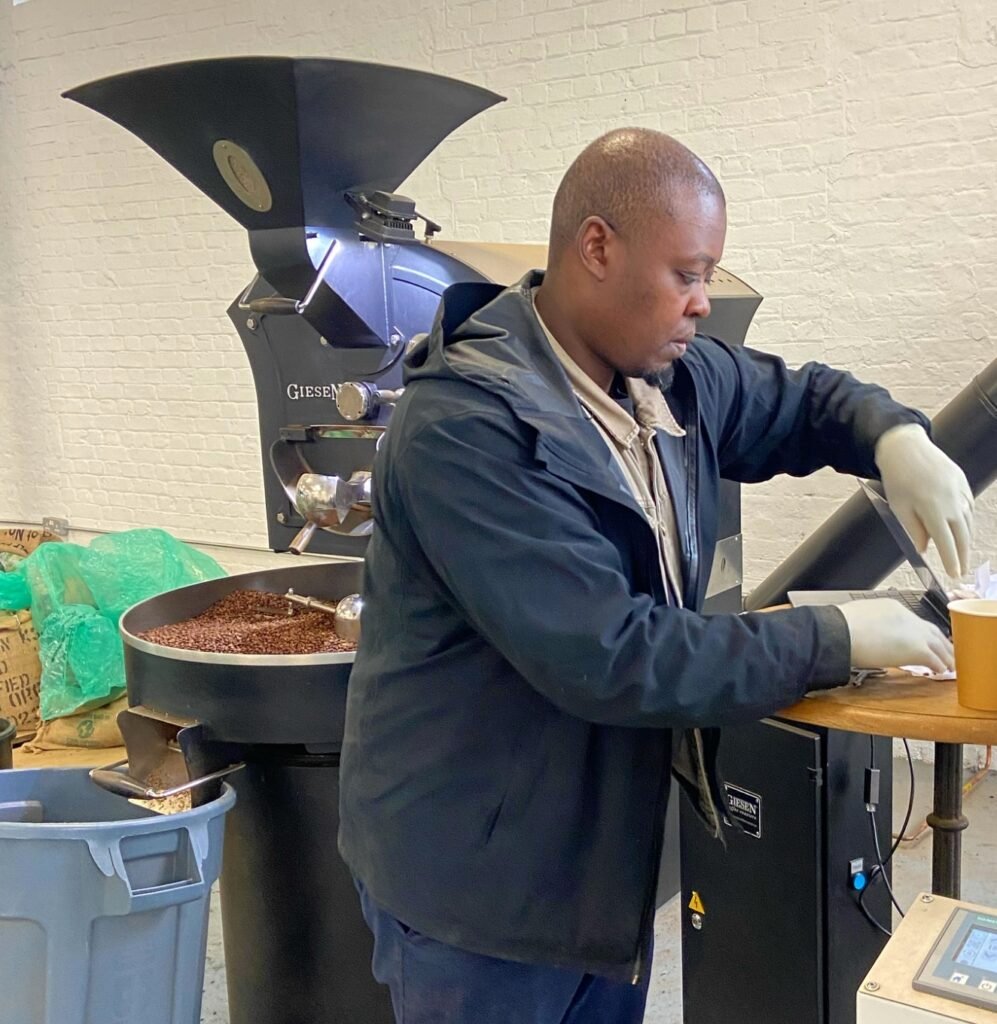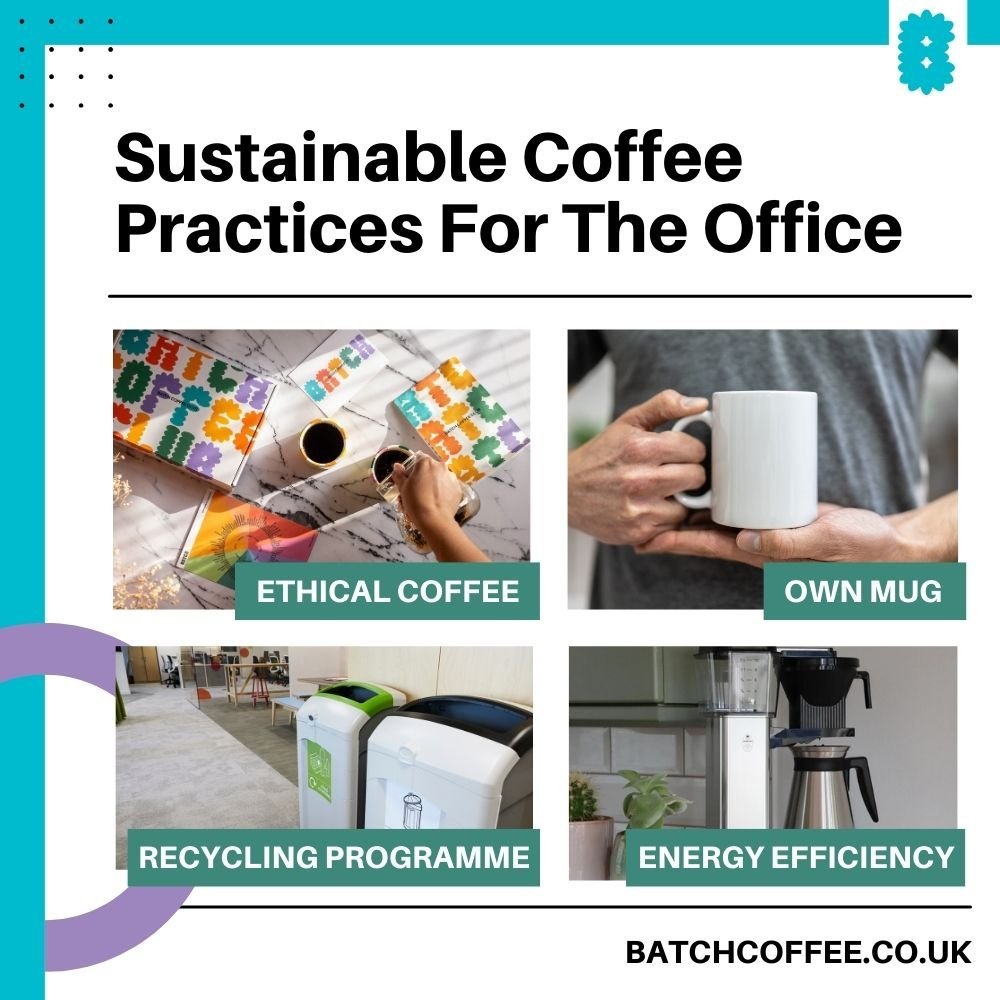Crafting a Sustainable Coffee Culture in the Workplace
Creating a sustainable coffee culture in the office isn’t just about switching to eco-friendly products, it’s also about fostering habits and systems that support sustainability in the long run.
Choosing Ethically Sourced Coffee
The first step toward a sustainable coffee culture is choosing ethically sourced coffee.
Fairtrade and Rainforest Alliance certifications ensure that the coffee beans are grown and harvested under ethical conditions, benefiting both the environment and the farmers. These are 2 fairly large movements that are quite prevalent throughout the commercial coffee scene.
Specialty coffee on the other hand is a coffee that has been rated as 80 points or higher out of 100 when tasted by professionals. You will most likely be consuming specialty grade coffee in your local coffee shops and pretty much all independent coffee roasters will roast and sell specialty coffee.
Other than the significant increase in quality when compared to big brand supermarket coffee there are also huge differences in the sustainable aspects. For example most specialty coffee will demand a price way above fairtrade at origin and cuts out many of the middlemen. So for a slight increase in price for you, the farmer will be paid significantly more per kilo of green coffee.
(Read more about What is specialty coffee?)
If you want to experience incredible sustainably sourced coffee at work see whether Batch Business Club is a fit for you.
Implementing a Bring Your Own Mug (BYOM) Scheme
One simple yet effective step is encouraging a Bring Your Own Mug (BYOM) scheme. By bringing personal mugs, we can significantly cut down on the waste generated by disposable cups.
You could introduce incentives like a small discount for those who use their own mug, or regular office competitions to see who can come up with the most creative designs.
These initiatives can make the practice more engaging and encourage wider participation throughout the office.
It’s also helpful to provide washing stations or facilities to clean personal mugs, making it convenient for everyone to participate in the scheme.
Setting Up a Coffee Recycling Programme
Setting up a coffee recycling programme can be another impactful initiative. Used coffee grounds can be collected and repurposed in various ways, such as fertiliser for office plants or compost for local gardens.
To start, set up designated bins for used coffee grounds. Make it clear which items can and cannot be recycled to avoid contamination.
Partnering with local composting programmes or facilities can make this process more streamlined.
It might be useful to hold occasional workshops or informational posters to educate the team on how their contribution to the recycling programme benefits the environment. This enhances awareness and ensures everyone is on board with the initiative.
Other aspects of coffee making can also be looked into. For example if you use a coffee pod machine in the office you can start using compostable coffee pods or recyclable/reusable pods.
The same goes for any coffee additions such as milk or sugar by just being mindful of their packaging and overall sustainability.
Environmental Impact and Energy Efficiency
In the quest for a greener office, focusing on energy-efficient coffee machines and implementing minimal waste strategies can significantly reduce our carbon footprint while improving energy efficiency.
Selecting Energy-Efficient Coffee Machines
When it comes to coffee machines, energy efficiency is key. I always look for models that have an energy-saving mode.
This feature helps reduce electricity consumption when the machine isn’t in use.
Moreover, machines with an automatic shut-off feature save more energy. These devices turn themselves off after a period of inactivity, preventing unnecessary energy waste.
Another useful tip is to opt for machines that are compatible with reusable coffee filters. Although I personally use paper filters, they do contribute to waste, whereas reusable ones can make a considerable difference over time.
When selecting a new machine, I always check the energy efficiency labels. They guide me to the options that use the least amount of power.
Being Energy Efficient in the Office
Most people are aware of how much energy costs and the impact of certain appliances, especially over the last few years when energy bills rocketed.
Simple things like making (non-passive aggressive) signs to stick in the kitchen that promotes boiling the least possible amount of water in the kettle instead of filling it up or the same with milk if you have an espresso machine can make a huge difference.
If staff are subtly reminded everyday then big changes to the overall sustainability of the office may come about.








